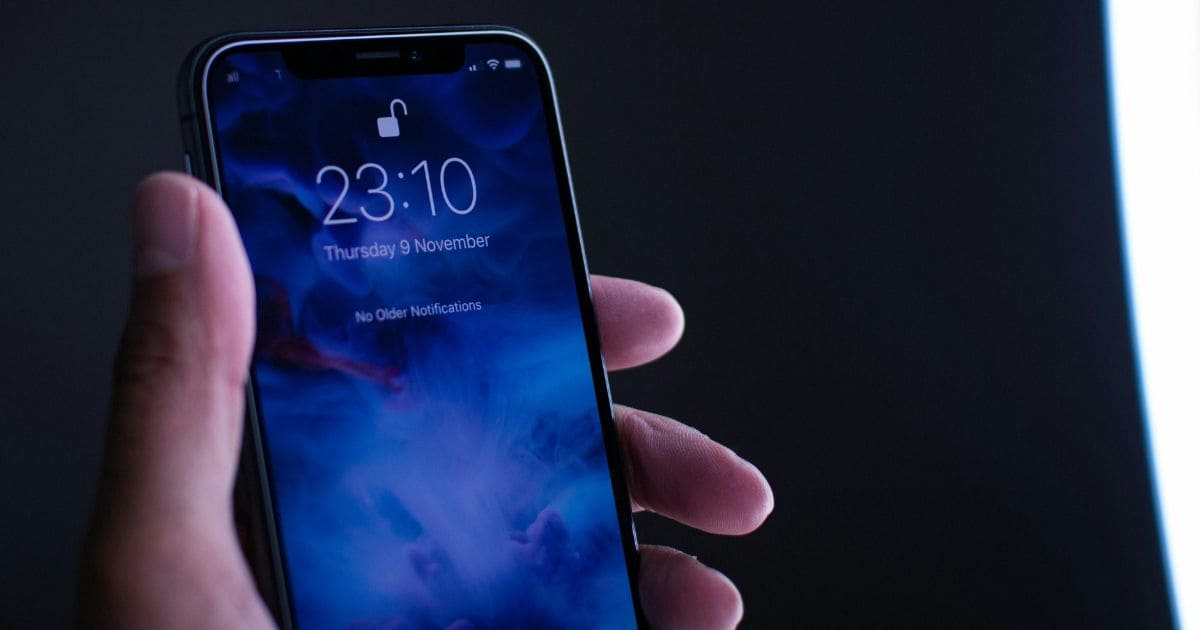Can cops force you to unlock your phone? Well, it depends on how you lock it. If you use a password or passcode to lock your device, police can’t make you unlock it. However, if you use biometrics such as Face ID or Touch ID, police can force you to unlock it.
Something similar happened with Jeremy Payne in 2021. A federal court order permitted police officers to make the suspect unlock his phone with his thumbprint.
In 2021, the California Highway Patrol stopped Jeremy Payne for a driving infraction (CHP). He may have been searched without the need for police to provide reasonable suspicion because he was on parole at the time. The policeman used this information to ask Payne to use his fingerprint to unlock his phone.
Payne’s phone included images, videos, and maps that appeared to indicate he was a drug dealer. When cops searched his house, they found the following items: fentanyl, fluoro-fentanyl, and cocaine. After that, they accused Payne of having possession of these items with the intent to distribute them.
Payne’s attorney contended that police violated Payne’s right to avoid self-incrimination under the Fifth Amendment, as they asked him to use his fingerprint to open his phone.
However, according to an ArsTechnica report, a federal appeals court decided in the police’s favor. The judges did, however, emphasize that this is a complicated area of the law and that their decision was limited to the facts of this specific case.
“To date, neither the Supreme Court nor any of our sister circuits have addressed whether the compelled use of a biometric to unlock an electronic device is testimonial.”
There was a dispute in District Court over whether a CHP officer “forcibly used Payne’s thumb to unlock the phone.” But for the purposes of Payne’s appeal, the government “accepted the defendant’s version of the facts, i.e., ‘that defendant’s thumbprint was compelled.'”
Payne’s Fifth Amendment claim “rests entirely on whether the use of his thumb implicitly related certain facts to officers such that he can avail himself of the privilege against self-incrimination,” the ruling said. Judges rejected his claim, holding “that the compelled use of Payne’s thumb to unlock his phone (which he had already identified for the officers) required no cognitive exertion, placing it firmly in the same category as a blood draw or fingerprint taken at booking.”
“When Officer Coddington used Payne’s thumb to unlock his phone—which he could have accomplished even if Payne had been unconscious—he did not intrude on the contents of Payne’s mind,” the court also said.
It won’t be the first time we’ve heard about such a case, as Apple turned down India’s enforcement directorate’s request to unlock the opposition’s iPhone.
Remember, folks, you can just hold down the power and volume down buttons for a few seconds to make the phone require a passcode on the next unlock.
